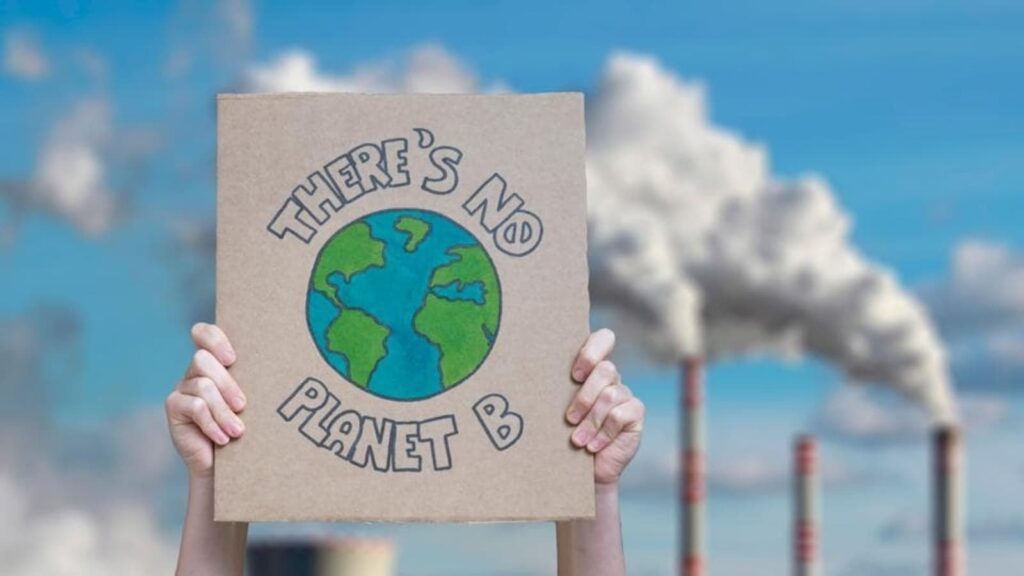First June, then July and now August. With the warmest summer ever on record in the northern hemisphere — roughly 0.66°C above the 1990-2020 average — 2023 is on track to becoming the hottest ever, becoming the year the perils of the climate crisis hit home. This is also the year that the myriad impacts of changing climate systems have wreaked havoc in parts of the world that were relatively shielded from these earlier, delivering the ominous twin message that a warming planet will inflict devastation irrespective of location, and the worst affected people in each geography will be communities already at the periphery of prosperity and development due to the denial of social and financial amenities to shield themselves from climate extremes. This should have set off warning bells in June, but little appears to have moved at multilateral institutions. The United Nations Secretary General, Antonio Guterres, may have warned that August marked the beginning of the climate breakdown but the world’s premier body itself has done little to move the needle on climate talks beyond platitudes. In a tragic way, this also shows the dichotomy that erodes the legitimacy of global institutions — which continue to talk about the urgency of climate negotiations but refuse to prioritise climate concerns over immediate strategic, geopolitical and financial imperatives.
This cannot stand; 2023 might well be the year that the real impact of the crisis snowballs beyond the point of no return. Yet, in the run-up to the global climate talks in the United Arab Emirates this year, there appears to be little consensus on important issues of climate finance and phasing out of fossil fuels, held up by the western world’s intransigence on helping developing countries find alternative sources of money to fund the energy and lifestyle transitions that are critical to maintain the world at a habitable temperature. Hopes of limiting this warming to the earlier benchmark of 1.5 degrees C are all but extinguished, but serious strides will now need to be made to even make the 2 degrees C target.
Searing heat will have a debilitating impact all over the world. South Asia is likely to be among the worst-affected regions. It will require concerted efforts at every level of government to shield the most vulnerable, and shape policy responses to climate-induced changes in agriculture, food security, energy demands and economic activity. That will, in the past, has been found lacking. The hottest summer on record has now shown that the window to muster it is fast closing.
Embrace independence with quality journalism
Save on HT + The Economist subscription


